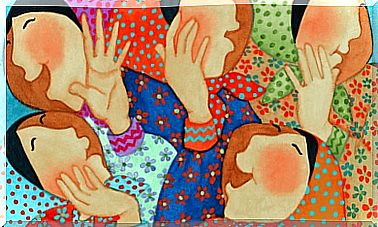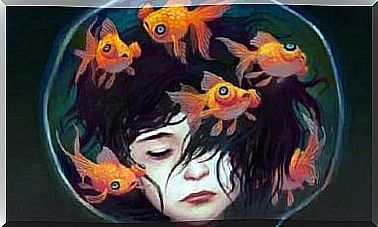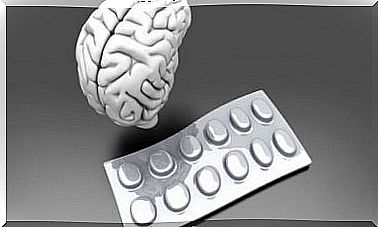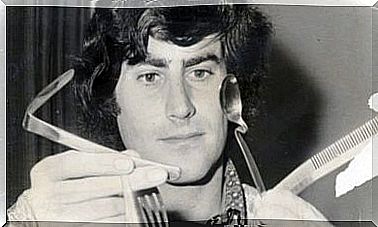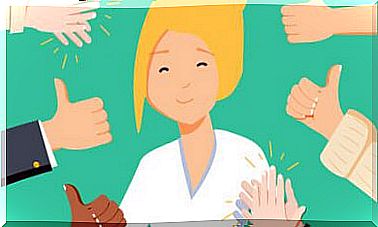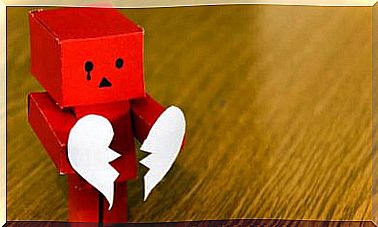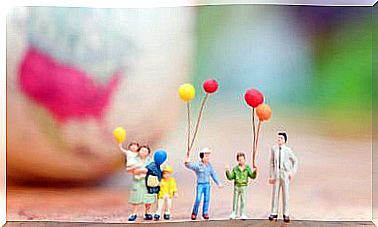There Is No Difficult Child, How Difficult Is Being A Child In A World Of Tired People
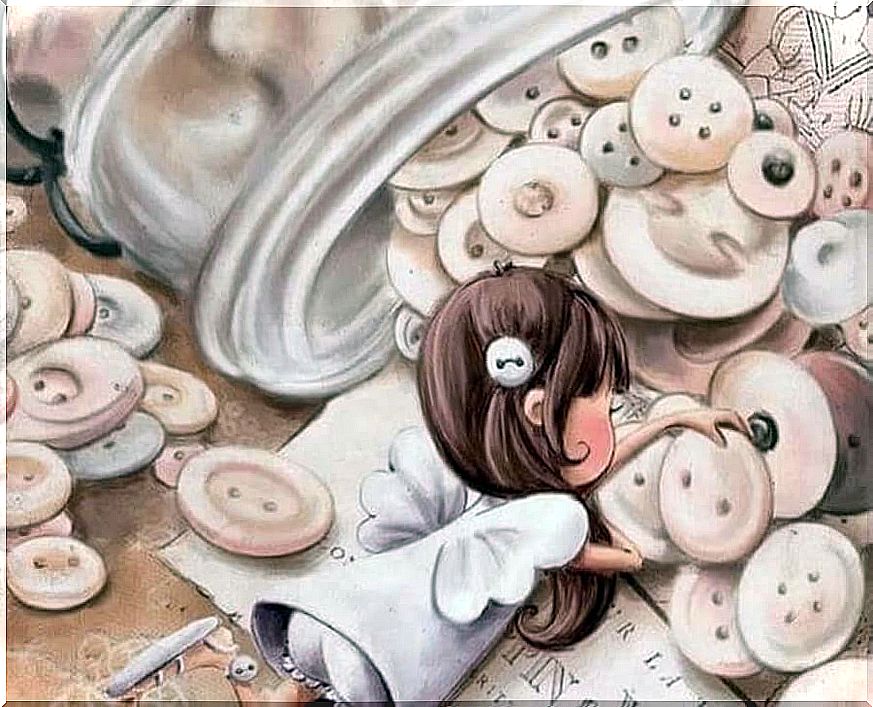
There is no difficult child, the difficult thing is to be a child in a world of people who are tired, busy, without patience and in a hurry. There are parents, teachers and caregivers who forget one of the most important commitments in a child’s education: that of offering child adventures to children.
This is such a real problem that we can sometimes be concerned about the simple fact that a child is restless, loud, happy, emotional, and colorful.
The normal thing is for a child to run, fly, scream, experiment and make their environment a theme park. The normal thing is that a child, at least at an early age, shows himself as he is and not as adults want him to be. This is not being a difficult child. It’s just being a kid.
But to achieve this, two fundamental things need to be understood:
- Movement is not a disease: we want self-control that neither nature nor society encourages.
- We do kids a favor by letting them get bored and avoiding overstimulation.
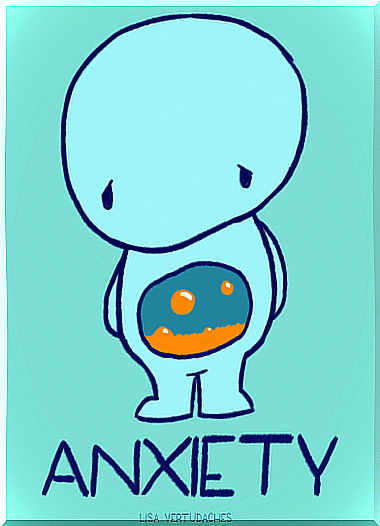
Diseases? Medication for children? Why?
Although it is very fashionable in the health and school field, the true existence of Attention Deficit Hyperactivity Disorder (ADHD) is highly questionable, at least as it is conceived. At present it is considered to be a mixed bag in which various cases are piled up and piled up, ranging from neurological problems to behavioral problems or lack of resources and skills to deal with their environment.
The statistics are staggering. According to data from the Diagnostic and Statistical Manual of Mental Disorders IV-TR (DSM-IV TR), the prevalence of ADHD in children is 3 to 7 cases per 100 boys and girls. The worrying thing is that the biological hypothesis that underlies this is simply that, a hypothesis that tries to be corroborated by trial and error with reasoning that begins with “it seems that this happens because …”.
On this basis, we must emphasize that THERE IS NO CLINICAL OR PSYCHOLOGICAL EXAMINATION THAT OBJECTIVELY DETERMINES THE EXISTENCE OF ADHD. Certainly the exams are made on the basis of impressions and executions of different tests. The diagnosis is determined based on when they are performed and the subjective impression of the tests. Disturbing, right?
We do not know what the impact of this medication will be and, even less, of the excess of it. A medication that, for its part, only reduces the symptoms but does not reverse the alteration in any way.

It seems wild but … why is this being maintained? Probably one of the reasons is economic, since the pharmaceutical industry moves billions thanks to drug treatment aimed at that difficult child, or at least considered that way. On the other hand, there is the “better this than nothing” philosophy. The self-deception of the happiness pill is a common factor in many pathologies.
Are we adults sick?
Leaving aside, we must put the brakes on and be very clear that many times those who are sick are adults and that the main symptom is the mismanagement of educational policies and schools. Is he really a difficult child or is it that we lack patience or are our ideas about how to behave too rigid?
As stated by Marino Pérez Álvarez, specialist in Clinical Psychology and professor of Psychopathology and Intervention Techniques at the University of Oviedo, ADHD is nothing more than a label for problematic behavior in children that does not have a solid neurological scientific basis as it is usually presented. . It exists as an unfortunate label that encompasses problems or annoying aspects that would really be within normalcy.
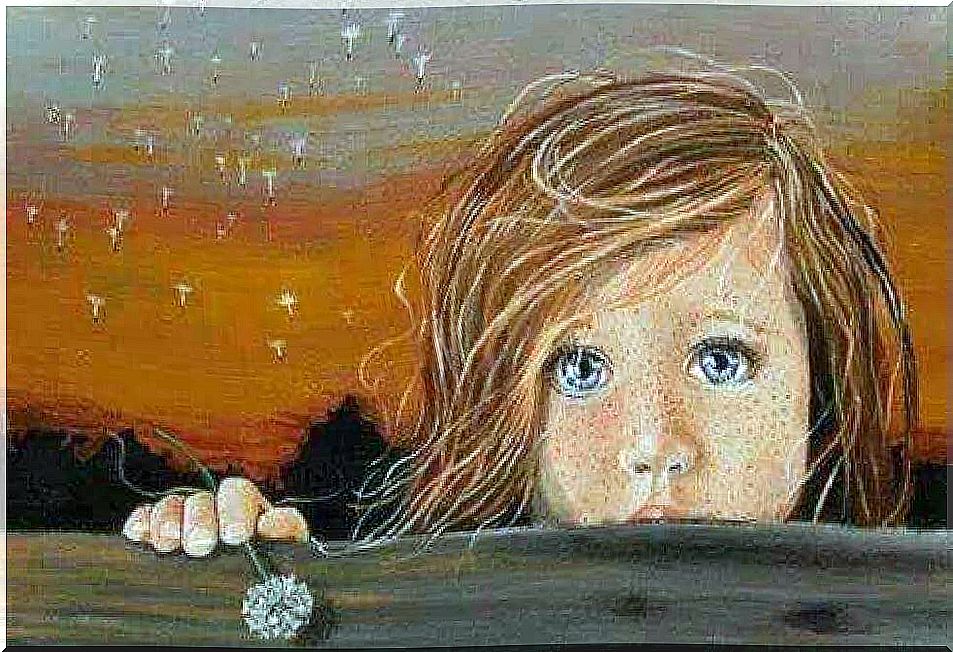
“Does not exist. ADHD is a diagnosis that lacks clinical entity, and medication, far from being a proper treatment, is, in reality, a doping, ” Marino sentenced. The idea of neurochemical imbalance as the cause of different problems has been propagated, but there is no certainty that this is a cause or consequence. In other words, neurochemical imbalances can also be generated in relation to the environment.
That is, the appropriate question is the following: It is convenient to be critical and take a look at a world that encourages cerebrocentrism and looks for the material causes of everything without stopping to think what is cause and what is consequence. So perhaps we should pay attention to how we are setting up society and what “scientific evidence” is such.
Starting from this base, we should consider what are the needs and what are the strengths of each child and each adult likely to be diagnosed. Addressing this individually will revert to greater health and well-being for both children and society in general. So the first thing to do is self-criticism. Well, sometimes there are no difficult children …

